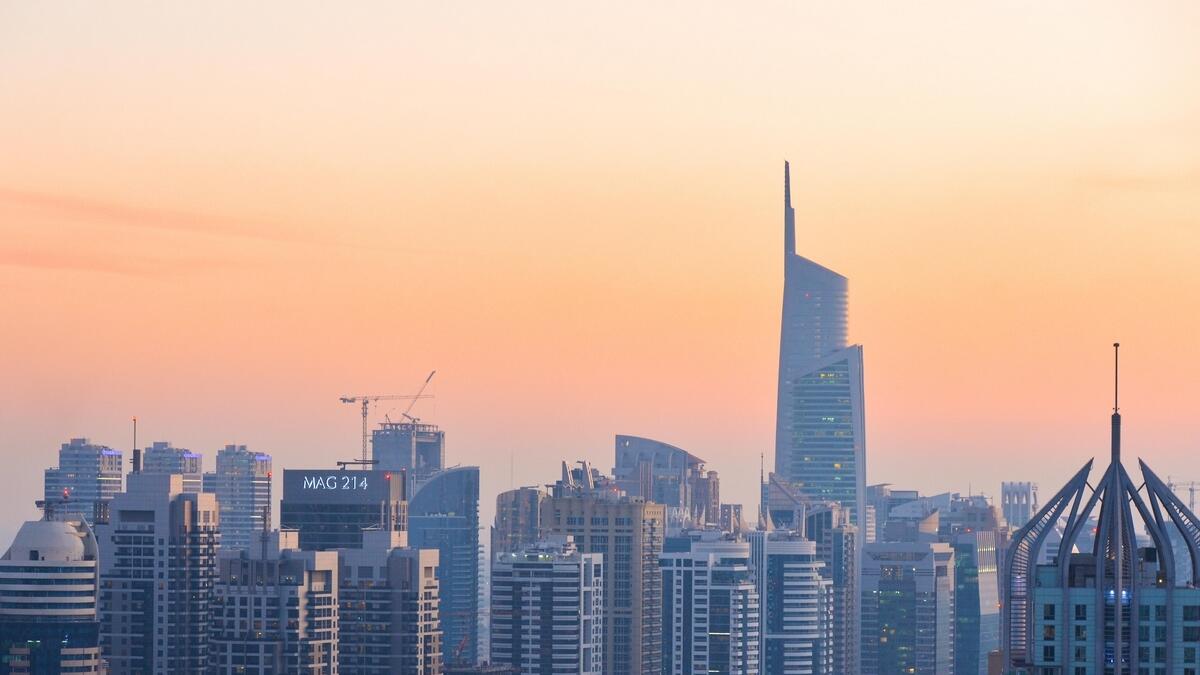Middle East Economy Predicted to Grow by 3 Percent in 2024: Report
A new report from Economist Intelligence Unit (EIU) has projected that the economic growth in the Middle East in the upcoming year will reach around three percent. The report, titled Middle East Outlook 2024, indicates that the Gulf Co-operation Council (GCC) states are expected to overcome the slowing global economy in 2024, driven by various factors such as a loosening of Opec+ oil production quotas, strong growth in key Asian markets, and trade and investment diversification strategies.
Despite the positive economic outlook, the region continues to face geopolitical risks, with the ongoing Israel‑Hamas conflict showing no signs of easing. According to the EIU, the conflict is expected to fuel resentment in the wider Arab world towards Israel and its Western allies, contributing to a bleak outlook for Arab‑Israeli relations. Additionally, Iran faces its own economic and foreign policy challenges in 2024 as it seeks to navigate relations with the West, Gulf Arab states, and major powers such as China and Russia.
The Middle East is also expected to remain a focal point for new Eurasian transport corridors, presenting alternative trade routes and geostrategic alliances for regional heavyweights and major international powers.
The EIU predicts that Saudi Arabia, the largest economy in the region, will see growth of just under 3 percent in 2024, driven by investments in non-energy sectors as part of its Vision 2030 economic diversification strategy. Other major GCC states such as the UAE, Qatar, and Oman are expected to benefit from their own trade and investment diversification strategies.
China is expected to continue pressing GCC states to price oil in renminbi rather than US dollars, while the GCC currency pegs to the US dollar are projected to remain unchallenged in 2024.
Developing new transport corridors is also a key focus in the region, with the UAE, Saudi Arabia, Jordan, and Israel, among others, signing an MoU to develop the India‑Middle East‑Europe Economic Corridor, though the ongoing Israel-Hamas conflict may impact its development in the short-term. Meanwhile, Iran and Russia are likely to move forward with the International North‑South Transport Corridor project, and Iraq is hoping for support from Turkey and China for the Iraq Development Road and Grand Faw Port project.
Overall, the Middle East is poised for economic growth but continues to face challenges, both domestically and geopolitically, as it navigates its position in a rapidly changing global landscape.

I have over 10 years of experience in the cryptocurrency industry and I have been on the list of the top authors on LinkedIn for the past 5 years. I have a wealth of knowledge to share with my readers, and my goal is to help them navigate the ever-changing world of cryptocurrencies.

